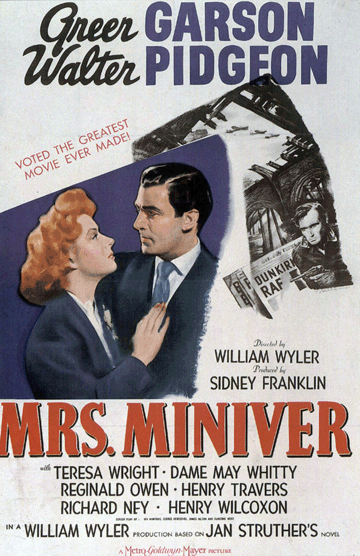 Earlier tonight, Jeff and I saw Mission: Impossible — Rogue Nation and now I’m pretty sure that I’m developing huge girl crush on actress Rebecca Ferguson.
Earlier tonight, Jeff and I saw Mission: Impossible — Rogue Nation and now I’m pretty sure that I’m developing huge girl crush on actress Rebecca Ferguson.
She plays Ilsa Faust, a former operative for M.I.6. who is now somehow involved with a shadowy terrorist organization known as The Syndicate. And while Ilsa may only be a supporting character (because, after all, this is a Mission Impossible film and therefore, Tom Cruise’s Ethan Hunt is unquestionably the star), she dominates every scene that she’s in. Whether she’s escape the scene of an attempted assassination while wearing a dress that is simply to die for or rescuing Ethan Hunt from certain death, Ilsa Faust is a woman who kicks ass, takes no prisoners, and looks great while she’s doing it. As much as I love Scarlett Johansson as Natasha Romanoff, Ilsa Faust is my new espionage role model.
The movie attempts to suggest that there’s some sexual chemistry between Ilsa and Ethan. Oddly enough, there’s not. Tom Cruise looks good and he gives a confident and likable performance but, as a character, Ethan comes across as being almost asexual. He seems to be attracted to only intrigue and danger. And yet, that lack of authentic romantic chemistry actually works to the film’s advantage. Ilsa is never reduced to merely being a love interest. Instead, she’s an equal to Ethan throughout the entire film.
Of course, Ilsa has secrets of her own. Everyone in Mission: Impossible — Rogue Nation has a secret. The film opens with the IMF being disbanded and its operatives being absorbed into the CIA. When the CIA director (Alec Baldwin, in full jerk mode) orders Ethan to stop investigating the Syndicate, Ethan goes underground and continues his activities in secret. His allies (Jeremy Renner, Ving Rhames, and the great Simon Pegg) can only help him in secret. The origins of the Syndicate turn out to be the biggest secret of all. There are so many secrets in Rogue Nation that it’s sometimes hard to keep track of them all but, again, that works to the film’s advantage. It keeps the audience off-balance. You never know when someone’s going to suddenly pull out a gun and start shooting or rip off a mask and reveal themselves to be someone else.
Rogue Nation is an entertaining action film. The stunts are spectacular and the set pieces are exciting and enjoyably over the top. (There’s a scene where Ethan Hunt has to change out a security card while holding his breath underwater and I literally watched it through my fingers.) I wouldn’t suggest trying to read too much into the film and yet, at the same time, Rogue Nation does capture the paranoid times in which we live. The film manages to both condemn the excesses of government while celebrating the toys that make those excesses possible. The average film goer may not be able to do all of the things that Ilsa and Ethan can do but we all know what it’s like not to trust authority.
That’s what makes Solomon Lane, the main villain played by Sean Harris, such an interesting character. I know that some reviewers have complained that Lane’s role was underwritten but I have to disagree. Lane may not be as verbose as the typical spy movie villain but I appreciated the fact that he remained somewhat enigmatic up to the conclusion of the film. He never made the mistake of over explaining his evil plan and accidentally giving the IMF team extra time in which to defeat him. (Solomon Lane obviously learned his lesson from watching countless would-be world conquerors accidentally allow James Bond to get the better of them.) Lane may be ruthless and evil but he’s also a revolutionary who is outraged by some of the same things that the rest of us are outraged by. This brings a welcome hint of ambiguity to the film.
Though it never quite reaches the lunatic highs of either Kingsman or Furious Seven, Rogue Nation is still an enjoyable and effective action movie. Undoubtedly, Ethan and the IMF team will return in another installment. Here’s hoping that Ilsa Faust gets a spin-off of her very own.

